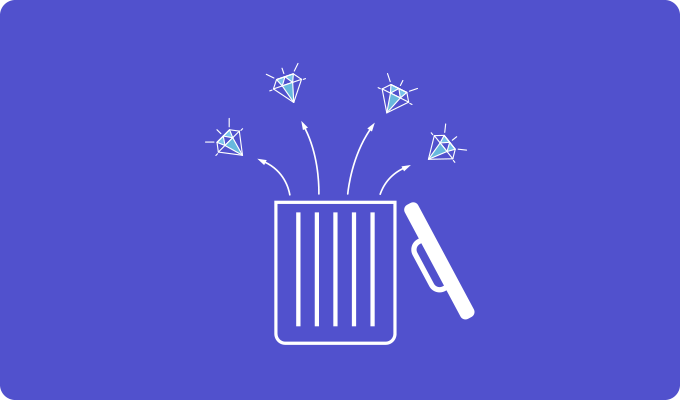Are You Ignoring the Most Valuable Users on the Web?
Advertisers are prioritizing Supply Path Optimization (SPO)—and for good reason. It reduces costs, cuts out inefficiencies, and improves transparency across the media supply chain.
It’s smart—until it isn’t.
In the race to streamline the supply chain, something else gets optimized away:
- Up to 40% of your audience.
- Signal-less impressions.
- Privacy-first users.
The Trade-Offs Behind Optimization
SPO works by prioritizing supply paths with strong performance signals—like win rates, match rates, consent strings and user identifiers. But what happens when those signals aren’t there?
Traffic from privacy-focused environments—such as iOS devices, Safari, and Firefox browsers—is often filtered out. Not because those users aren’t valuable, but because they’re harder to track, target, or attribute.
No ID, no bid.
It’s not a quality issue. It’s a visibility issue.
The Real Audience You’re Missing
Signal-degraded traffic isn’t niche—it’s mainstream. In many markets, it accounts for 30–40% of your total addressable audience.
These users include affluent iOS users—often among the highest spenders online—along with people who use browsers like Safari and Firefox, which default to stricter privacy settings. Many of them actively manage their digital footprint by blocking cookies or rejecting consent prompts.
They’re not disengaged. They’re just invisible to most conventional targeting tools.
It’s Not Just SPO—It’s Traffic Shaping Too
Even beyond SPO, deeper layers of the ad tech stack apply their own filters. DSPs, SSPs, and ad servers use traffic shaping to conserve processing power and optimize throughput. Impressions lacking signals are discarded.
The result?
A structurally biased system that removes high-value users before your campaign ever gets a chance.
Digiseg Turns Anonymous Traffic Into Actionable Audiences
Most targeting data breaks down in privacy-first environments. Digiseg doesn’t—because it doesn’t rely on identifiers, user-level tracking, or consent strings.
With Digiseg, you can:
- Reach anonymous, unconsented users
- Target signal-challenged environments like Safari, CTV & audio
- Expand your audience without breaking compliance
Where others see noise, we reveal value.
And just like ad verification and brand safety tools, Digiseg belongs in your hygiene layer.
It’s not a nice-to-have. It’s a baseline for campaigns that want full reach—and full accountability.
What Looks Like Optimization Might Be Blindness
SPO and traffic shaping reduce waste—but they also introduce blind spots:
Prioritizing deterministic signals over meaningful reach
Excluding users who choose not to be tracked—even if they can convert
Missing nearly half your potential audience
It’s time to treat privacy-first traffic as a priority—not a problem.
Final Thought
SPO and traffic shaping happen behind the scenes—but their impact is front and center.
Make sure your data strategy includes tools that protect reach—just like you already do for brand safety.
Just because your stack can’t track them doesn’t mean you can’t target them.
